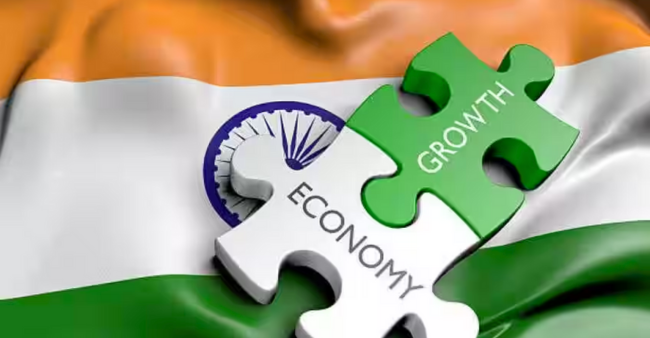A recent statement made by one the top business leaders of India has started an avalanche of argumentation in India. whether it was a profound proclamation or mere platitude is beside the point. It has, though, stirred us into talking about work life balance, family, health, gender equality etc. Subjects often overlooked and ignored.
Great leaders do exactly this. They say words that tickle the imagination and trigger new ideas.
It would be puerile of us to criticise a man who has followed his own advice before imparting it to others, and built a company that is the pride and joy of all Indians. But we will raise some pertinent questions and look at how it works elsewhere in the world. Especially, the Nordic region, where the work week is about 40 hrs and still, they regularly score high on quality of life and happiness indices, two things that most people wish to attain.
Judging from Mr. Narayana Murthy’s expressions, when he said,
“our youngsters must say, this is my country, I want to work 70 hrs a week”, it looks as if his statement originates more out of frustration than fortitude. Frustration towards a lackadaisical attitude visible in many private and public institutions, that stifles and stultifies growth.
We will examine the words and their essence separately. Let’s look at the body of the words first where the most contention is.
Taking it literally, 70 hrs a week (10 hrs / 7 days) is unsustainable. Ample research shows it negatively impacts the mental and physical health of workers. Also, since it’s the youth that is expected to work 70 hrs, in a country where the median age of marriage is 21(f), 24(m) and of last childbirth is 27, it brings its own challenges. How will a couple be able to satisfactorily discharge their family responsibilities while pursuing their careers?
Here comes the gender issue also. Globally, including India, expectations from a woman are more than a man – don’t ask us why? A woman is expected to be a good employee, mother, wife, daughter, daughter in law. So, if a career sacrifice is needed then who makes it? How does gender pay disparity influence such decisions? These are just some areas that need deep reflection.
Now, let’s compare the Nordics to India, even though some readers might feel it is too unsymmetrical. But, if parallels are drawn with China, post war Germany and Japan, then we can take some liberty of drawing comparisons between India and the Nordics.
In all their adulation of the Chinese growth story, our industry leaders overlook one simple fact. How can the world’s largest democracy be compared with a country that is neither conscious of citizen’s freedoms nor comprehends the concept of democratic values?
Indeed, at times even the positive policies of the Indian government are delayed as they pass through the rigours of democratic fervour. But once accepted they stick. It’s better to convince with patience than to beat conviction into someone, as done in China. Democratic societies are the best soil for sustainable innovation and ingenuity while artificial ecosystems, however perfect, degrade overtime. India’s success and China’s failings in dealing with covid is one such example.
Hence, Nordic’s example is closer to India in terms of commonly shared values and a better one to emulate. But what about growth and productivity in a 40 hr work week? With about 27 million people and GDP of USD 1800 billion something must be working right in the Nordic region.
While many examples can be found highlighting the advantages of a 40-hr or less work week, the one, of Toyota Gothenburg in Sweden is most quantifiable. Toyota Center in Gothenburg went from 40-hour work week to 30 hours, resulting in an increase in employee and customer satisfaction, productivity, and profits. Martin Banck’s talk on this is available on the internet.
Important to understand is that the Nordic work life balance is an entire ecosystem – expecting an equal share of commitment both from the employers and the employees.
Now, without entangling ourselves in semantics, let’s look at the spirit of Mr.Murthy’s words. Perhaps, what he is implying is that, India has taken off but to accelerate and maintain speed we all need to put in our share of honest (somewhat) selfless work.
He implores us not to squander our working time by attending to personal errands and entertainment. Let us not standstill but move with direction and act with intent. If we work with honesty and integrity, we might be able to extract the maximum productivity from every hour we work, 70 or 7.
He is talking about efficiently using time or as Henry David Thoreau said, “as if you could kill time without injuring eternity”.
Rajesh Mehta is a leading International affairs expert.
Manu Uniyal, is a media consultant and a writer based in Sweden.

